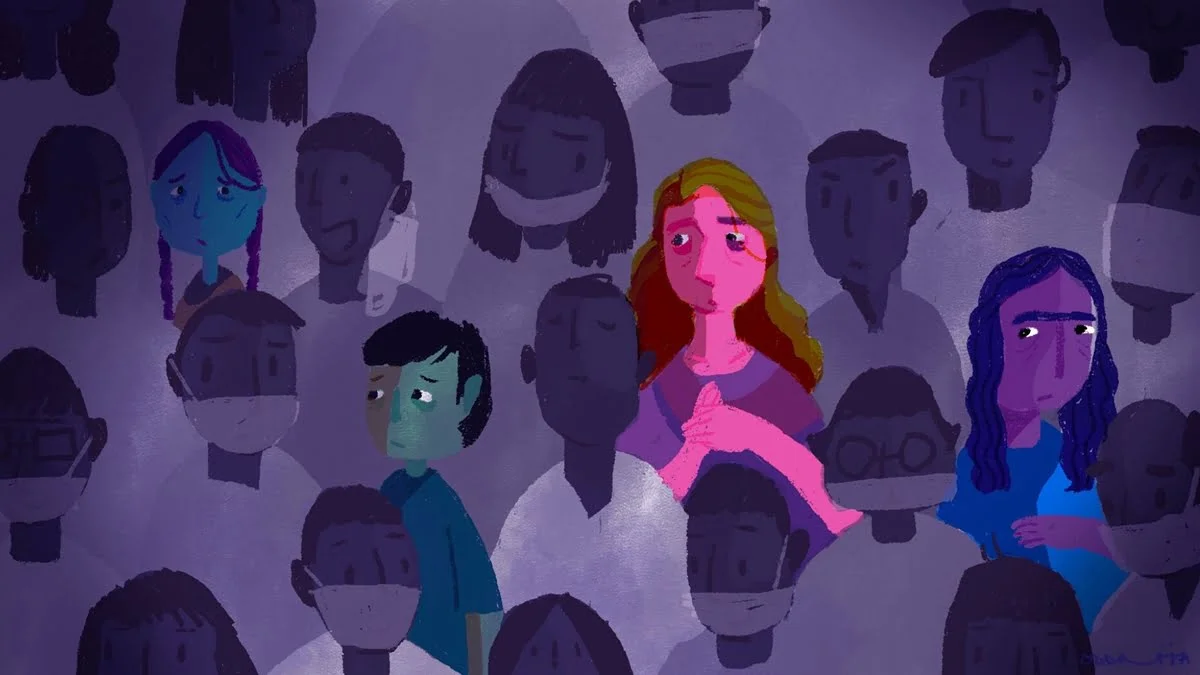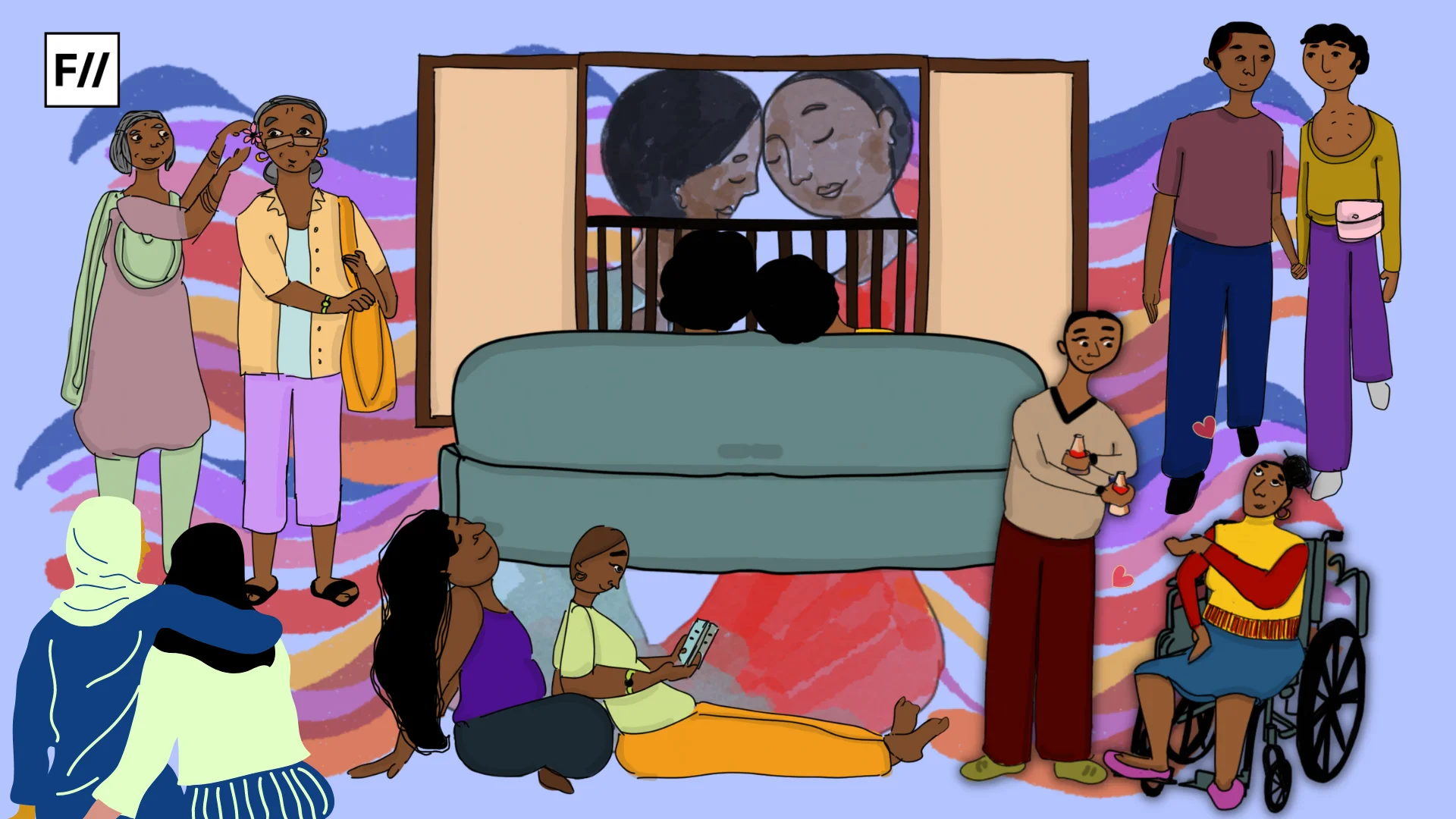Adolescent sexuality is a very important subject but unfortunately, it is the most neglected by state and society alike. It is essential to find out if the Government of India (GOI) has an adequate and appropriate sex education policy for schools in order to ensure that adolescents are learning about their sexuality from credible and mature sources rather than from unreliable social media content, influencers, or pornography so that they can be protected from physical and psychological harm.
UNESCO in its Global Education Monitoring Report, 2023 on Comprehensive Sexuality Education highlighted that countries across the world find it difficult to include sex education within their school curriculums. India is no exception. The New Education Policy released by the GOI in 2020 talks about imparting Social Emotional Learning (SEL) and Life Skills but there is no clarity on the inclusion of sex education in the syllabi.
UNESCO in its Global Education Monitoring Report, 2023 on Comprehensive Sexuality Education highlighted that countries across the world find it difficult to include sex education within their school curriculums. India is no exception. The New Education Policy released by the GOI in 2020 talks about imparting Social Emotional Learning (SEL) and Life Skills but there is no clarity on the inclusion of sex education in the syllabi. The government of India should enact legislation on introducing compulsory sex education in schools. The reasons are multitude and quite relevant.
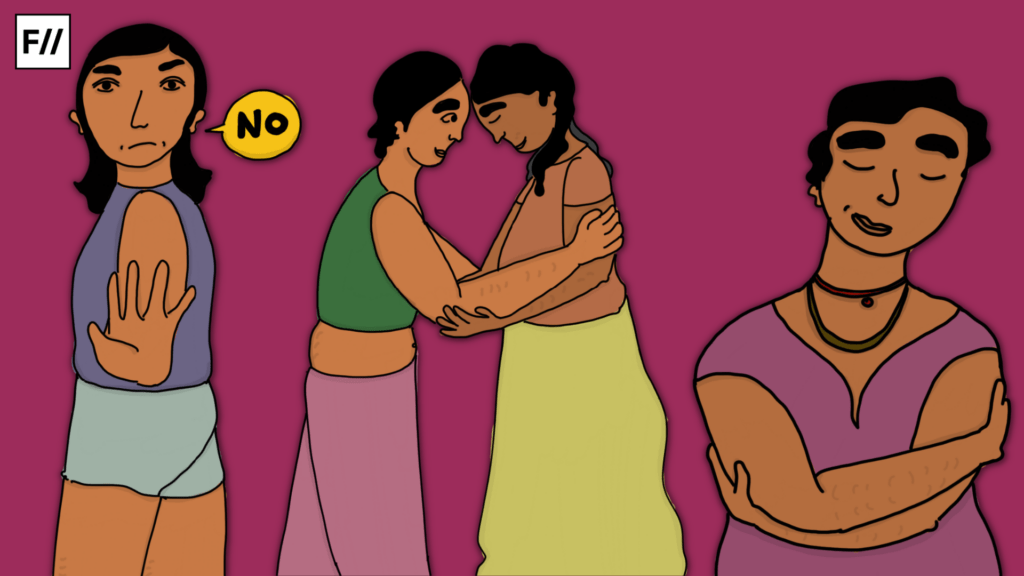
Don’t ask don’t tell norm
The Victorian puritanism regime which has influenced law-making exercises in pre and post-independent India presumes that children have no sex, which is why they are forbidden to talk about it. With the mere mention of the word ‘sex’ or even its depiction, adolescents are expected to close their eyes and cover their ears. A general and studied silence is imposed on adolescents when it comes to the subject of sex.
Michel Foucault in his book ‘The History of Sexuality’, calls this the ‘phenomenon of repression’ which is very effectively administered through parenting and pedagogy. No penal law prohibits adolescent sex but sexual desires among teenagers are either forced to disappear or silenced by parents at home and teachers in schools. Shortly put, when it comes to the topic of sex, there is nothing to say about ‘such things’, nothing to see, and nothing to know for children.
Michel Foucault in his book ‘The History of Sexuality’, calls this the ‘phenomenon of repression’ which is very effectively administered through parenting and pedagogy. No penal law prohibits adolescent sex but sexual desires among teenagers are either forced to disappear or silenced by parents at home and teachers in schools. Shortly put, when it comes to the topic of sex, there is nothing to say about ‘such things’, nothing to see, and nothing to know for children. Period.
Society has tooth and nail defended its hypocrisy and halting logic about adolescent sex’s negation and non-existence of sexual desires. Ironically, for educators, school administrators, parents and counsellors when it comes to designing the architectural layout of classrooms and the whole internal organisation of the school including the rules of discipline, the question of ‘sex’ has been a constant preoccupation since eternity.
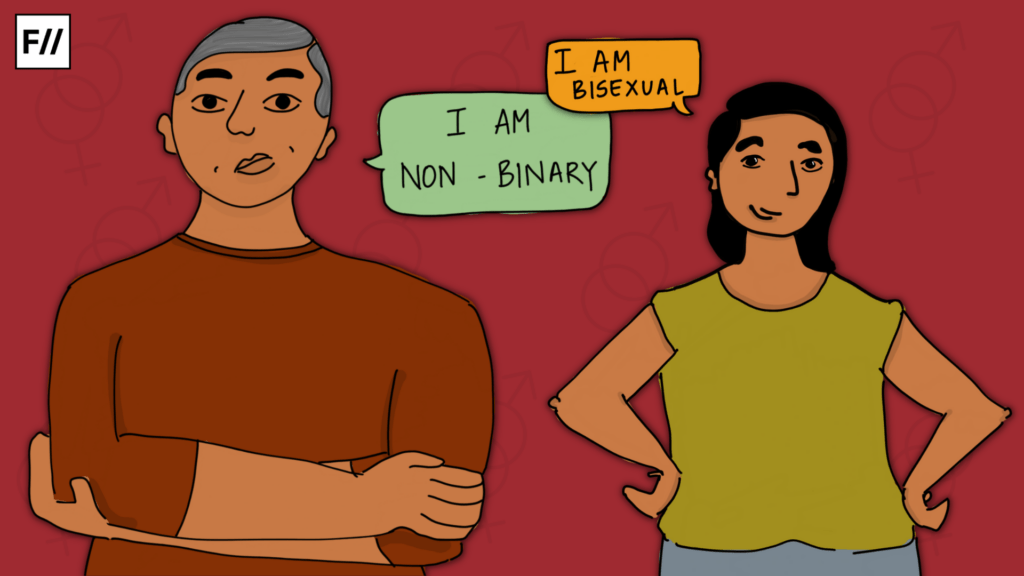
Sex-segregated schools and convents are the best examples of how sex is the starting point for designing learning institutions for children. Further, there is a vigil mechanism in every school to keep students’ sexual desires at bay. The principal, teachers and an array of monitors and captains are placed in a state of perpetual alert and granted the responsibility to admonish or punish the violators. Moral blameworthiness is attributed to those students who display and explore their sexual desires in vacant classrooms, behind bushes on the playing field, in toilets and during cultural events.
Adolescent sexuality is not a myth
Friedrich Hayek, the 20th-century economist confessed that it was during his childhood that he became aware of his sexual feelings even though he had a puritanical upbringing, and had no contact with girls because he attended an all-boys school and had no sisters. He experienced a sexual awakening during his teenage years when he watched a beautiful young theatre actress’ performance, whose picture he tucked away in his theatre programs. When Hayek was ten, he dreamed that he was wrestling with his guardian angel, who suddenly transformed from a boy to a girl, and he realised how much more pleasant it was to imagine that it was a girl.
Unfortunately, language and vocabulary around sex are significantly censored with parents and teachers policing children’s statements. The authorised language is one of silence and utmost decency or otherwise of tact and indirect speech. For example, the biology teacher while teaching the chapter on reproduction uses words like ‘gupt sthan’ for vagina and ‘girl problem’ for menstruation. No wonder, sex for adolescents has always remained like a ‘mystery’.
The historical record of the first-ever discourse around adolescent sex can be traced back to 1776 in Germany when one male teacher asked a class of boy students very selected questions concerning the mysteries of sex, birth and procreation. The teacher had them comment on engravings that depicted a pregnant woman, a couple, and a cradle. Most of the students answered the questions correctly but with shame or embarrassment.
The historical record of the first-ever discourse around adolescent sex can be traced back to 1776 in Germany when one male teacher asked a class of boy students very selected questions concerning the mysteries of sex, birth and procreation. The teacher had them comment on engravings that depicted a pregnant woman, a couple, and a cradle. Most of the students answered the questions correctly but with shame or embarrassment. The goal was achieved. The teacher and other school authorities applauded the students for their utmost decency and intact morality.
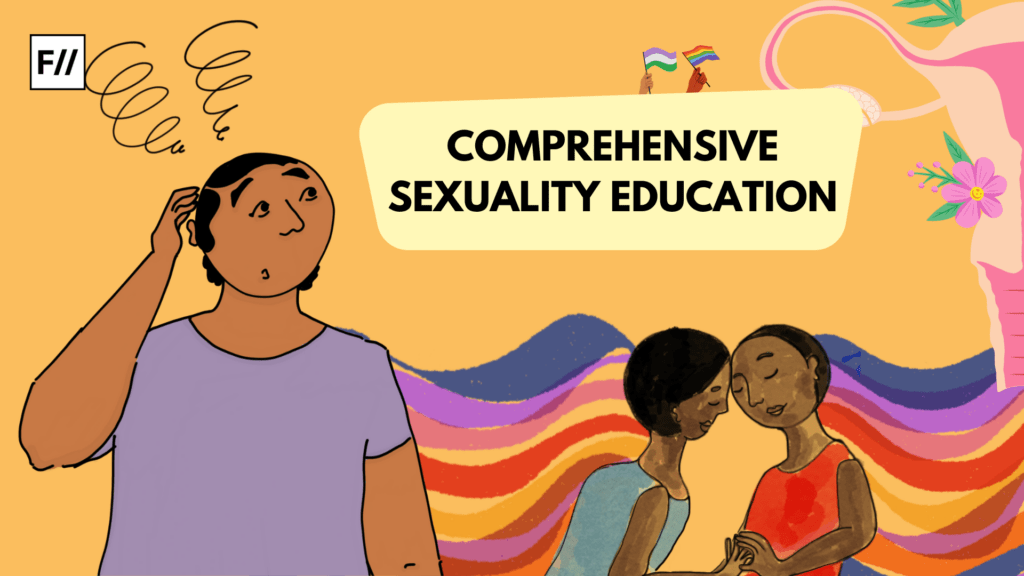
There are some deep and long-term effects of the power of this type of discourse on sexuality. Abstinence and penile-vaginal sex within the institution of marriage are heralded as the best and second-best options in an individual’s life. Inherent human desires of companionship, intimacy and sexual pleasure are looked down upon if procreation is not the end goal. The conversation around sexuality like safe-sex practices, masturbation, pornography, contraception, and abortion is clearly avoided under the mistaken and conservative belief that any talk on sex is to encourage sexual activity among teenagers. STDs and HIV-AIDS are used as tools to discourage them from exploring their sexuality. Unfortunately, the idea of adolescents making love is treated as peripheral sexuality and looked at with disgust and ridicule.
Mahatma Gandhi in his autobiography has truthfully acknowledged experiencing feelings of deep lust at the age of 13 years and enjoying uncountable nights of love-making with his wife Kasturba. Because marriage did not exhaust his urge for sexual pleasure, he recounts visiting a brothel with his school friend to make love to a sex worker. In hindsight, he called this an ‘immoral and sinful conduct’.
The problem is that the topic of children’s sexuality lies in obscurity; it has never really been identified, studied and comprehensively addressed. Evidently, children’s sexuality actually exists; it is precocious, active and ever-present. Negating it or reprimanding students for exploring their innermost desires does not resolve the problem rather, aggravates the situation. The biographer of Sigmund Freud, Austrian neurologist and the founder of psychoanalysis, has traced Freud’s genius and his divine passion for knowledge to an insatiable sexual curiosity when at the age of three years Freud “penetrated his parents’s bedroom” to find out what went on between his mother and father.
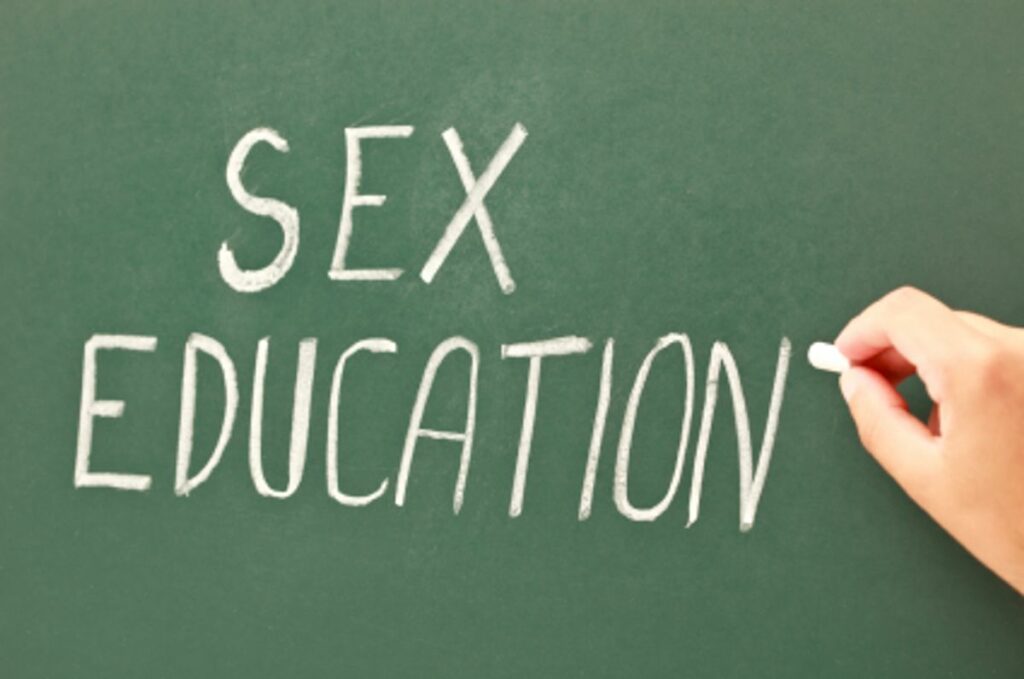
Speaking about sex
Schoolchildren love to defy moral norms of chaste conduct and sex-free language. They use crude terms, insults and even use mockery to talk about sexuality. The more you stop them the more they think and talk about sex. As such, the silence rule has the worst counter-effect, what Foucault describes as the valorisation and intensification of indecent speech.
They display thorough irresponsible and brash conduct in the absence of a proper and mature discourse imparted through pedagogy and parenting. Adolescents rely on social media websites to learn about gender concept, image and roles. This instils sexually risky behaviour among adolescents who use this medium to express a sense of self, privacy and intimacy. It leads to unwanted teenage pregnancies, identity crises, unsafe abortions, physical harm, emotional betrayal and psychological damage.
The Sulli Deals incident of 2022 only reinforced this laxity. In the absence of reliable and mature sources of information, youth tend to follow influencers like David Dobrik, who has 18 million subscribers and who was accused in 2021 of raping an intoxicated young woman on video, to explain sexual intercourse to his followers. Expecting adolescents to develop self-regulation skills without providing them adequate guidance also serves no purpose.
According to a pan-India study conducted by a market research firm, Velocity MR, in 2018, on the impact of digital media on children, it was found that parents of 6 children out of 10 do not discuss sex or impart sex education to them leading adolescents to exhibit sexually risky behaviour. The Bois Locker Room controversy is the case in point as it shook the elite roots of South Delhi residents when their children were caught circulating morphed nude pictures of female peers from school in 2020. The scandal left parents around India shocked thereby limiting social media usage of their children and monitoring their activities in the virtual world unfortunately not many took to educating their children on bodily integrity, dignity, respect and consent.
The Sulli Deals incident of 2022 only reinforced this laxity. In the absence of reliable and mature sources of information, youth tend to follow influencers like David Dobrik, who has 18 million subscribers and who was accused in 2021 of raping an intoxicated young woman on video, to explain sexual intercourse to his followers. Expecting adolescents to develop self-regulation skills without providing them adequate guidance also serves no purpose. Consequently, it would not be unreasonable for the GOI to encourage a conversation on sex among the youth and strengthen it by legislating on it.
Conclusion
A law on sex education in India should make it mandatory for all schools in India to incorporate the subject within their regular syllabi. Teenage students should primarily be exposed to sex education because individuals belonging to this age bracket face issues relating to puberty, menstruation and identity. The mode of imparting sex education should not embarrass and discourage the youth towards the idea of sex.
The objective should be to ensure that the youth acts based on knowledge, information and communication and not out of abstention, abhorrence and animosity towards sex. For this purpose, special instructors could be hired by the schools to sensitize them on a variety of issues. Consequently, to make sex education more acceptable educative sessions could be organized for the guardians of the students, as they are important stakeholders when it comes to providing guidance to adolescents. It would also be very useful to create a law that looks beyond the tethers of politics, culture, sexual, and religious identity.
A legislation would help in enabling an environment that would support responsible deliberation on sex among the youth. Monitoring and evaluation exercises by education boards would help in ensuring compliance by schools. Revoking licenses or permits of schools and other punitive measures for non-compliance will be fruitful in taking sex education seriously.

